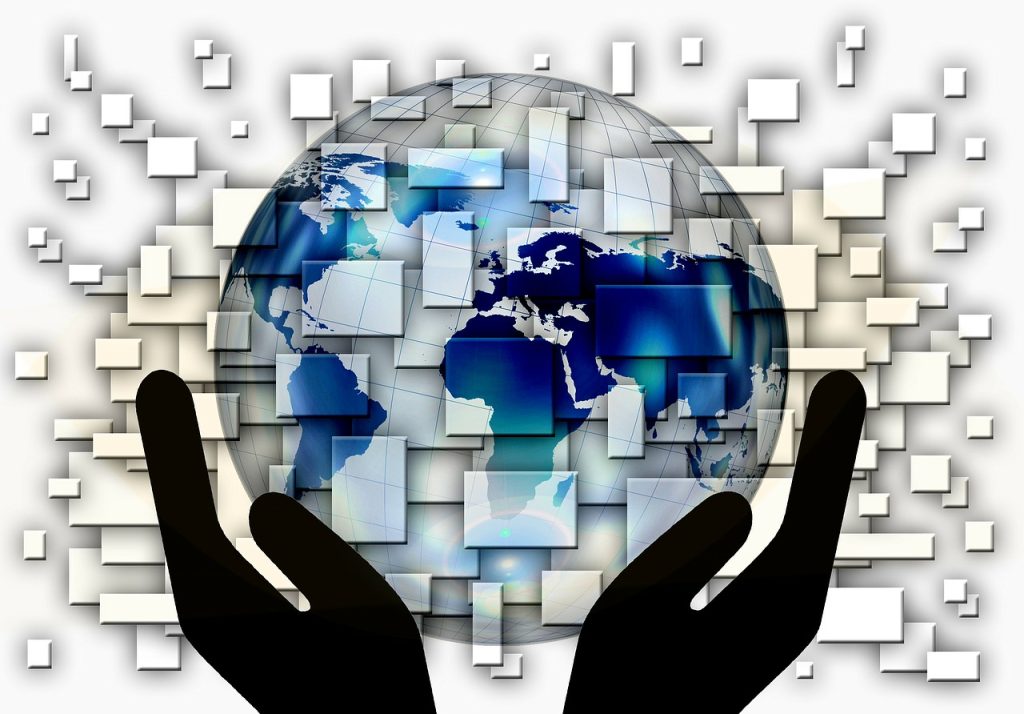Simon Kuznets, a Nobel Prize-winning economist, contributed significantly to the development of modern economic theories, particularly in the area of growth and development. His work laid the foundation for much of the economic thinking that shapes the financial systems we understand today. Over the years, economics has evolved, with many influential figures challenging and building upon Kuznets’ theories. This article will explore the major trends and theories that have emerged in the field of economics, focusing on how they have shaped contemporary financial markets and the way we approach economic growth and sustainability.
The Foundation of Modern Economic Thought
Economic theories have undergone substantial transformations over the past century. Early economic models were primarily focused on the relationship between supply, demand, and price levels, with less attention paid to broader social and developmental factors. However, the early 20th century saw the emergence of new ideas that began to reshape how economists thought about economic systems. The contributions of thinkers like Simon Kuznets and John Maynard Keynes challenged the simplistic notions of classical economics, incorporating a more nuanced understanding of national income, development, and the role of government in managing economic cycles.
Kuznets’ theories, particularly his work on national income accounting and economic growth, provided tools that economists use to measure the well-being of nations and understand the distribution of wealth. These ideas paved the way for future economists to explore the interconnectedness of different economic sectors and the role that income distribution plays in overall economic health. His work, especially the concept of the “Kuznets curve,” which suggested a relationship between economic development and income inequality, remains influential to this day.

Economic Development: The Changing Focus
The Rise of Development Economics
In the decades following Kuznets’ work, the field of development economics emerged as a central area of focus within the discipline. Economists began to examine the specific needs of developing nations and the strategies they could use to foster economic growth and improve living standards. While early development theories emphasized the importance of industrialization and modernization, more recent approaches have called for a more nuanced view that takes into account local culture, political stability, and environmental sustainability.
Theories of economic development began to stress the importance of institutions—political, social, and economic—in shaping outcomes. Scholars like Douglass North and Daron Acemoglu have highlighted how strong institutions can encourage innovation and growth, while weak or corrupt institutions can stifle progress. This view marked a significant shift away from earlier models that focused primarily on the accumulation of capital and labor as the drivers of economic success.
The Role of International Organizations
International organizations such as the World Bank and the International Monetary Fund (IMF) have played a crucial role in shaping economic development policies, particularly in the post-World War II era. Initially, these organizations advocated for policies that focused on fostering rapid industrialization and economic modernization, often promoting the structural adjustment programs that sought to balance national budgets, reduce inflation, and promote exports.
However, the effectiveness of these programs has been questioned over time. Critics argue that many of these measures have had negative social consequences, leading to increased inequality and environmental degradation. In response, international organizations have shifted their focus toward more holistic development goals, which prioritize poverty reduction, education, healthcare, and sustainable environmental practices.
The Emergence of Behavioral Economics
Understanding Human Decision-Making
One of the most profound shifts in economic thought in recent decades has been the rise of behavioral economics. This field challenges the assumption that individuals always act rationally in their economic decisions. Economists such as Daniel Kahneman and Amos Tversky introduced the concept of cognitive biases, showing that people often make decisions based on emotions, heuristics, and psychological influences rather than pure logic.
Behavioral economics has reshaped our understanding of financial markets by explaining why market participants may behave irrationally, leading to bubbles and crashes. For instance, the 2008 financial crisis was partly attributed to the widespread overconfidence of investors and the herd behavior that led to unsustainable risk-taking. By incorporating insights from psychology, behavioral economics provides a more realistic model of economic behavior and offers valuable tools for policymakers seeking to improve market outcomes.
Nudging and Policy Implications
The concept of “nudging,” popularized by Richard Thaler and Cass Sunstein, emerged from behavioral economics as a way to influence people’s decisions in subtle ways that improve outcomes without restricting freedom of choice. The idea behind nudging is that small changes in how choices are presented can lead to better decision-making by individuals and organizations.
For example, changing the default option on a form (e.g., opting people into a pension plan by default) can significantly increase participation rates. This approach has been adopted by governments and organizations around the world to promote healthier eating habits, increase savings, and reduce energy consumption. The application of behavioral economics is a growing area of interest in both academic and policy circles, with ongoing debates about how to balance individual freedom with the desire to improve societal well-being.
The Digital Transformation and Its Economic Impacts
The Rise of the Digital Economy
The turn of the 21st century saw the rapid growth of the internet and digital technologies, which have transformed economies in ways that were unimaginable just a few decades ago. The digital economy has created new markets, changed the nature of work, and led to the rise of global tech giants that dominate many sectors, from social media to e-commerce to financial services.
The digital revolution has created both opportunities and challenges. On one hand, it has enabled unprecedented access to information and services, leading to greater connectivity and innovation. On the other hand, it has raised concerns about privacy, the concentration of power in the hands of a few corporations, and the impact of automation on jobs and wages. Economists are still grappling with how to regulate and manage these new realities, balancing the benefits of innovation with the risks posed by market concentration and social inequality.
The Gig Economy and Labor Markets
One of the most significant changes brought about by the digital economy has been the rise of the gig economy. Platforms such as Uber, Airbnb, and Fiverr have enabled people to earn income by providing services on demand, often without the need for a traditional employer-employee relationship. This shift has had a profound impact on labor markets, creating new opportunities for flexibility and entrepreneurship while also raising concerns about job security, benefits, and workers’ rights.
The gig economy has also led to changes in the nature of work itself. Many gig workers are classified as independent contractors rather than employees, which means they do not have access to traditional workplace benefits such as health insurance or retirement plans. This has prompted calls for new labor laws that would better protect gig workers and ensure they receive fair compensation and benefits.
The Future of Economics: Sustainability and Global Challenges
The Push for Sustainable Economic Models
As the global economy continues to evolve, there is growing recognition that sustainability must become a central goal of economic policy. Climate change, resource depletion, and social inequality are interconnected challenges that require a shift toward more sustainable economic models. Economists are increasingly exploring ways to incorporate environmental and social factors into traditional economic frameworks.
One emerging approach is the concept of “green growth,” which seeks to promote economic development while minimizing environmental harm. This involves investing in renewable energy, improving resource efficiency, and encouraging sustainable practices across industries. Some economists argue that environmental sustainability can drive economic growth by creating new industries and jobs, while others emphasize the need for a shift in consumption patterns and lifestyles.
Global Cooperation and Economic Stability
The increasing interconnectedness of the global economy means that national economic policies can no longer be made in isolation. Issues such as climate change, trade, and migration require coordinated international responses. Institutions like the United Nations, the World Trade Organization, and the G20 play a key role in facilitating global cooperation, but challenges remain in achieving consensus on global economic priorities.
The COVID-19 pandemic highlighted the need for global solidarity in addressing economic crises. Governments around the world implemented stimulus packages and other measures to protect their economies, but the pandemic also exposed vulnerabilities in global supply chains and inequalities in access to resources. Moving forward, economists and policymakers will need to work together to build more resilient economic systems that can withstand future shocks.
Conclusion: The Continuing Evolution of Economic Thought
The landscape of economic thought has evolved significantly over the past century, from the early ideas of Simon Kuznets to the rise of behavioral economics and the challenges posed by the digital economy and global sustainability. As economies continue to become more interconnected and complex, economists will need to develop new frameworks that address the changing realities of the modern world. The ongoing transformation of economic theories reflects the growing recognition that markets, institutions, and human behavior are inextricably linked, and that understanding these connections is essential to creating a prosperous and sustainable future for all.













